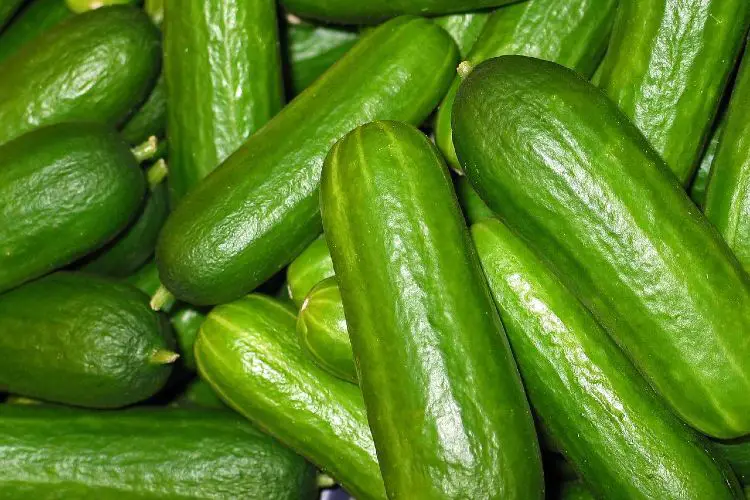An Interview with Nino Sassu of Assaggi Restaurant
The Italian restaurant Assaggi in Notting Hill opened its doors for the first time in June 1996 and nearly sixteen years later it is one of the most popular and busy restaurants in London, where tables are reserved months in advance. Head chef and co-owner, Nino Sassu, has seen the restaurant grow and develop since the very beginning.
“We didn’t choose where we wanted to set up the restaurant,” Nino told me. “At the time leases on buildings were very high. My business partner, Pietro Fraccari, told me that there was a pub refurbishing their upstairs floor and wanted to have a restaurant based up there. We made a mutual agreement on splitting the cost of all the utility bills. We weren’t able to borrow money from the bank – setting up a restaurant is a risky business. It was fortunate for us that Notting Hill was put on the map by the film bearing its name.”
Assaggi, which means ‘tastings’ in Italian, won Nino the Restaurateur of the Year Award in 2001 and Best Restaurant of the Year at the London Restaurant Awards and it gained its Michelin star in 2005.
“We serve 20,000 people a year, which is a lot when you consider we are open six days a week and are closed fourteen days between Christmas and New Year, and are also closed on bank holidays. We don’t have a website. I don’t believe that we have anything to sell through one. I guess that I’m old fashioned. Nor do we advertise. Our popularity started off through word of mouth and editorial features. Who needs advertisements when you can have editorial?”
Nino had his first job at just fourteen years of age working in a restaurant. He then moved onto bar work before coming to London thirty-two years ago after he had completed his one year conscription in the Italian army.
“My friend told me I should come to London, that it had a good atmosphere – one week later I was packing my bags to stay for good.”
In England he worked in a restaurant for two and a half years, before moving on to a restaurant in Paris. A few years later saw him cooking on cruise ships. After having had enough of the seafaring life, Nino came back to London to return to the same restaurant he was at before moving to Paris. He then started working in the Italian specialist food shop, Carluccio’s, before opening Assaggi.
Assaggi sources the majority of its produce from Italy, with bread, olives, pasta and cheeses coming from the mainland, while their flour flies in from the island of Sicily and their chocolate crosses the channel from France.
“I don’t believe that food should travel,” Nino told me, “but it is essential in keeping with the restaurant’s Italian identity. It is true that the food doesn’t taste the same in England as it would do in Italy – the refrigeration and distance it travels changes the taste, but it is almost impossible to source the ingredients I want here. The food cultures in the two countries are completely different. For example, what we think of as lamb in this country would be thought of as mutton in Italy. Italian milk-fed lamb is so sweet and succulent – the taste is indescribable.”
Depending on the season you might be served crab salad, smoked swordfish, octopus tentacles, gnocchi, Lasagna Bianca, calves liver, white chocolate mousse and caramelised apple tart. Because the restaurant imports so much of its ingredients they have suffered with the rise in fuel prices, which forced them to raise the prices on their menus.
“I have seen the price of flour rise four times in one year. We have to pay for congestion charges, as well as transport bills. They are inevitable costs, which unfortunately have to be absorbed and passed on to the customers.”
The euro-pound exchange rate is also another factor they have to take into consideration. Nino used to buy a special variety of ham at £40 per kilogram when it was €1.50 to the £1, but when the euro rose he had to take the ham off the menu, because it would have been too expensive to import it.
“I had to think, do I really need that? We sometimes have trouble with white truffles. We get them from Italy, but when there isn’t enough rain there, they are fewer in number so they are more expensive.”
Nino was born and raised on the island of Sardinia where his family lived through the seasons with no fridges or freezers. Supermarkets were non-existent.
“We still don’t have a freezer in our home in Sardinia today,” Nino told me proudly. “Cooking good food was a daily occurrence. There was only one shop, everything was bought loose – there was no packaging. Because we ate seasonally we used to wait for certain foods to come round, which is something we have lost today with imported food. There’s nothing to look forward to now. At Assaggi we buy our ingredients six days a week. We use everything the day that we buy it. We very rarely carry things over. We don’t get complaints from customers if we run out of produce before the end of the day. People aren’t fussed because they understand our policy.”
Nino maintains the tradition of simple Italian food at his restaurant.
“I’ve never believed in trends and keeping up with them – trends go in and out of fashion. People get carried away by the tricks and fancy food they see on the TV. In the end they always go back to basics – simple, good quality food.”
The popularity of Italian food has risen in England since Nino first arrived. Thirty-two years ago there was not the same food culture we have today: celebrity chefs were unheard of, with Delia Smith starting to make an appearance on the scene as the very first cookery show presenter. There were no food magazines, with the only food writing found in women’s magazines in special columns. As there were few TV channels, there was only one cooking programme. Even today, however, cooking meals from scratch in England is an acquired skill, whereas in Sardinia it is an everyday occurrence.
“I’ve always been involved in cooking. I helped my mother in the kitchen when I was growing up. We often visited my grandfather, who owned a bar and butcher’s shop. I always looked forward to seeing him because I knew the food was going to be good. When I look back on my life, I realise that I was very lucky. I was spoilt because my Mum was such a great cook. My family helped each other in the kitchen – I was bought up living in that room. In England you have a completely different culture when it comes to food; your lifestyle is pressured. You could eat well and cheaply here with fresh food, but you are not educated from a young age. It’s easier to eat cheaply if you do it yourself. In Sardinia children are made to help in the kitchen. It takes so little time to make a good meal – you don’t have to spend hours at the stove. There should be classes in schools to show young people how to cook. Families are closer in Italy – we eat and grow up together. It’s a matter of culture.”
When Nino was working at Carluccio’s they stocked Italian produce that people had never seen before. Customers would ask Nino how they could use these strange products and he would advise them how to go about it.
“They would come back bursting with excitement after they had tried them. They were amazed at how easy and tasty it was. It’s all about getting people involved. You have to get people excited about food.I love English food, if it’s done well. There is no such thing as bad food, just bad ingredients. My mother-in-law cooks amazing food. There are people out there in this country who are very passionate about producing good quality ingredients. Rick Stein’s television programme Food Heroes shows this. In London we have so many different shops and, of course, the food markets such as Borough Market. The people selling the food there are the ones that produce it, so they know what they are selling. You can go there and know whatever you buy will be good.”
In the Buckinghamshire village where Nino owns his weekend house there is a farm that stopped producing milk several years ago because they couldn’t afford to keep doing it, as supermarkets sold milk far more cheaply than they could produce it. The farm is now only producing meat.
“It’s the pace of life you have in this country,” Nino said.“You want everything in one pot. Small businesses are disappearing. It’s difficult to find a good, small butcher’s or fish monger’s shop in London. In Buckinghamshire there is the egg shop down the road, and then Bond’s fruit and vegetables in Whitchurch. People should be supporting these businesses.”
Contact Details
Assaggi: 39 Chepstow Place, London W2 4TS Telephone: 020 7792 9033
Adelaide Newton’s food blog: www.gruyereguru.blogspot.com
Follow Adelaide on Twitter: @PoisonedRoots


